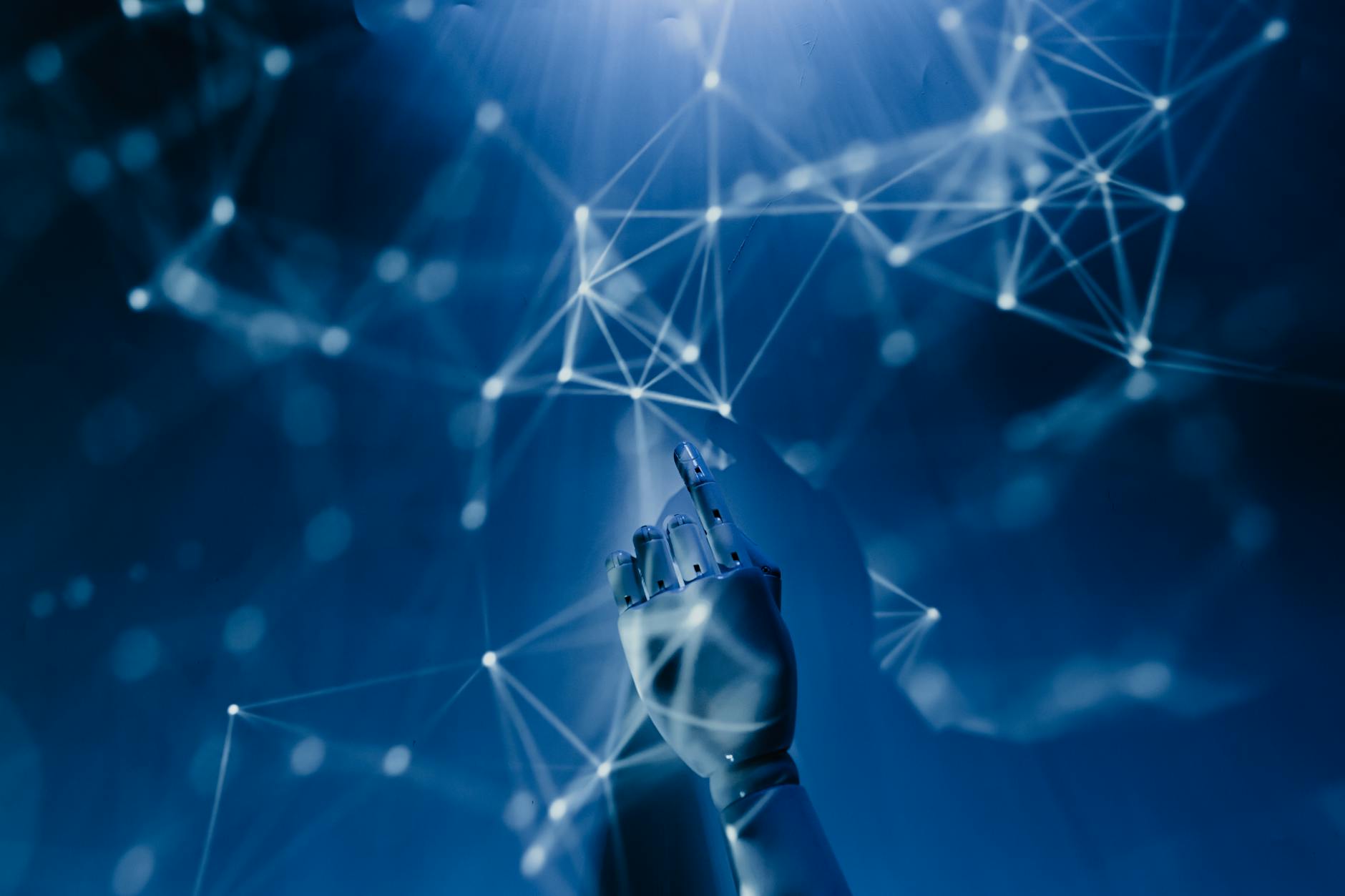AI Risks and Benefits Explained: What You Need to Know for 2025 and Beyond
Artificial Intelligence (AI) is no longer a distant concept from science fiction. It's deeply woven into our daily lives, shaping industries and redefining what technology can achieve. From self-driving cars to personalized recommendations, AI is steadily influencing how humans work, learn, and connect. However, as with any transformative technology, understanding its risks and benefits is critical to ensuring it remains a force for good.
The Benefits of Artificial Intelligence
AI brings remarkable benefits to countless industries. Its ability to simulate human intelligence while processing enormous amounts of data faster than any person has unlocked endless possibilities.
Enhancing Efficiency and Productivity
AI excels in automating repetitive tasks, leading to significant improvements in workplace efficiency. It reduces human error, optimizes workflows, and allows businesses to do more with fewer resources. For example, in fields like manufacturing, AI-driven robots assemble products with unmatched precision and speed. The ripple effects are substantial, ranging from lower costs to improved quality.
Revolutionizing Healthcare
The healthcare industry has embraced AI for its unparalleled diagnostic capabilities. Machine learning algorithms can analyze scans and detect diseases like cancer earlier than traditional methods. AI also enables personalized medicine by tailoring treatment plans for individual patients. Moreover, its role in drug discovery accelerates the development of life-saving medications, benefiting millions. For an insightful look at AI's role in medicine, Harvard Medical School offers a deeper exploration of its use in patient care.

Driving Economic Growth
AI isn’t just transforming industries—it’s creating them. From AI startups to traditional businesses adopting smarter solutions, economic expansion is a direct result. AI boosts innovation by enabling companies to analyze market trends and customer behavior with immense precision. While skeptics worry about automation killing jobs, some argue that AI is creating new opportunities, such as roles in programming, data analysis, and AI ethics.
Improving Daily Life Through Smart Technology
Everyday conveniences powered by AI, like virtual assistants and smart home devices, are making life easier. Virtual assistants like Siri and Alexa use AI to understand human language, transforming how we interact with technology. Smart appliances, from thermostats to refrigerators, learn usage patterns to save energy and improve functionality, ensuring homes run more efficiently.
For a detailed perspective on how AI enhances our world, Rowan IRT highlights several practical applications that improve modern living.
The Risks and Challenges of Artificial Intelligence
While AI promises tremendous benefits, its rapid adoption raises serious challenges that society must address. These risks impact how we live, work, and think.
Job Displacement and Economic Inequality
AI has the potential to displace jobs, especially in industries reliant on routine tasks. For instance, automation in manufacturing has already replaced many human roles. This trend could widen the gap between skilled and unskilled workers, exacerbating economic inequality. According to Simplilearn, preparing the workforce with upskilling opportunities is crucial for mitigating these impacts.
Ethical Concerns and Decision-Making Transparency
Algorithms make decisions that affect lives—whether approving loan applications or identifying suspects. Yet, these systems often lack transparency. Issues arise when AI exhibits bias due to flawed training data, leading to unfair or discriminatory results. Ethical guidelines must ensure that AI decisions are not only correct but also just.
Security and Privacy Risks
AI relies on vast amounts of data, and with that comes the risk of breaches. Cybercriminals could exploit weaknesses in AI systems, jeopardizing sensitive personal information. Moreover, deepfakes and other AI-generated tools raise concerns about their misuse in misinformation campaigns. Organizations like IBM offer strategies on managing these cybersecurity threats.
Threats to Human Oversight
Autonomous AI systems, from drones to self-driving cars, challenge the concept of human control. In military applications, AI lacks the moral reasoning to make life-or-death decisions. This raises ethical dilemmas about whether humans should ever relinquish control to machines for high-stakes tasks.
Balancing Risks and Benefits for a Responsible AI Future
To fully harness AI's potential while addressing its pitfalls, a thoughtful and collective approach is necessary.
Creating Ethical Guidelines and Standards
Ethical frameworks can guide the development and use of AI technologies. Policymakers and developers must ensure that AI aligns with human values, avoiding harm and promoting fairness across applications. Institutions like NIST are working toward establishing globally recognized standards.
Promoting Collaboration Between Stakeholders
No single entity can shape AI's future. Governments, tech companies, and academia must collaborate to balance innovation and regulation. Open discussions and transparent practices can foster trust, ensuring responsible AI adoption.
Educating the Workforce for AI Integration
As industries evolve, so must the workforce. Training programs can equip individuals with the skills to thrive in AI-driven environments. From learning programming languages to understanding AI ethics, education is crucial for a balanced transition.
Conclusion
Artificial Intelligence holds immense promise but also poses significant challenges. Its ability to transform industries, drive economic growth, and revolutionize daily life is met with ethical concerns, job displacement, and security risks. Striking a balance requires cooperation, education, and ethical safeguards. By taking proactive steps today, society can ensure that AI benefits everyone, without compromising safety or opportunity.
